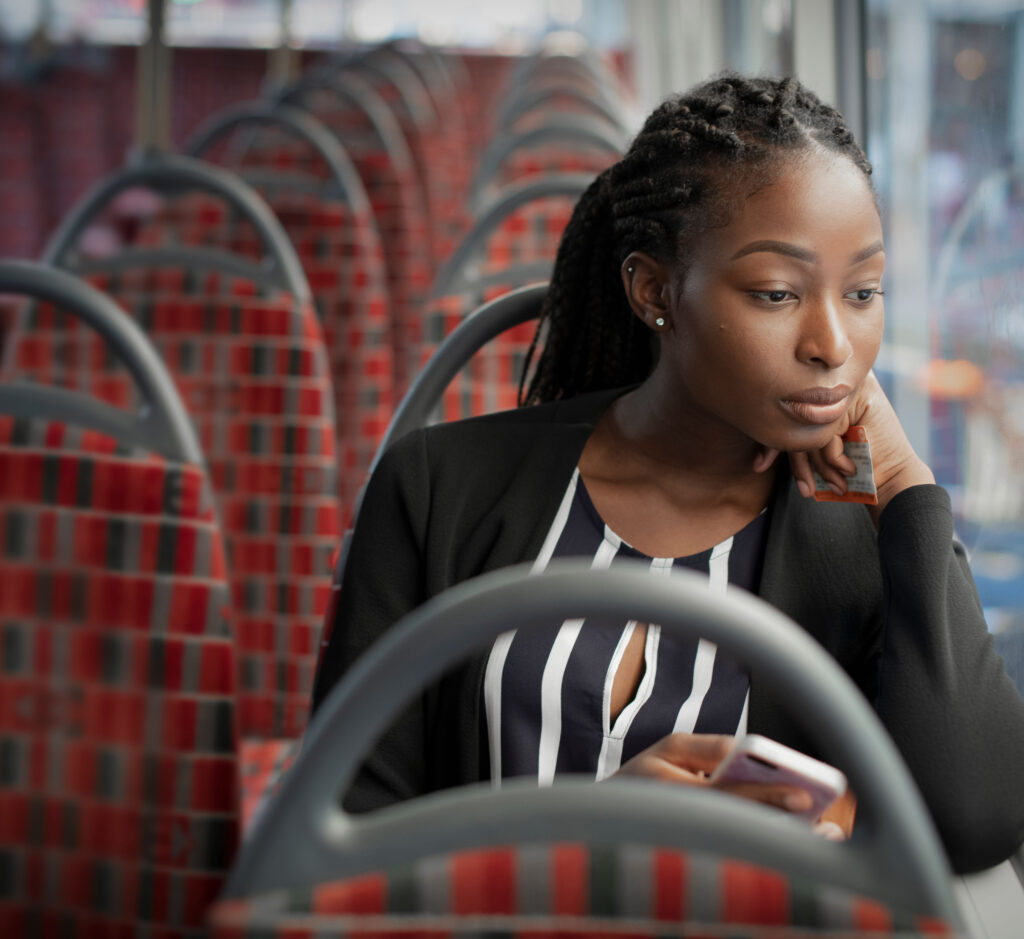76% believe that being in a marginalised group or minority can make you feel more lonely
This week (10-16 June) is Loneliness Awareness Week, founded by the Marmalade Trust. Whether you are immersed in a large team or work from home in solitude, loneliness can impact anyone in the workplace as being alone is not the same as being lonely.
Marmalade Trust defines loneliness as “a perceived mismatch between the quality or quantity of social connections that a person has and what they would like to have” and recognises the different types of loneliness, including: emotional, social, transient, situational and chronic loneliness. They found that age can determine one’s loneliness, with young people (aged 16-24) being the most lonely.
The BBC’s Loneliness Experiment– conducted in 2018 with 55,000 people- found that 40% of 16-24 year olds are often/very often lonely, compared with 27% of the over-75s category. Either way, it is apparent that many people experience feelings of loneliness- with a third having reported feeling lonely very often in the UK.
Is race a factor associated with increased feelings of loneliness?
More recent research indicates that race and ethnicity can influence experiences of loneliness. The Mental Health Foundation’s 6,000-person survey found that Black people are on average more likely to be feeling lonely compared to the general population, in which 1 in 3 Black people experience loneliness compared to 1 in 4 of the general population. Though the reasons for this were not explored in-depth, issues of racism, discrimination and prejudice are all associated with mental health disorders.
Whilst statistics on mental health can be misleading, the Mental Health Foundation has also found that ethnically diverse populations are more likely to experience socio-economic conditions that can trigger mental health issues and often experience unequal access to mental health therapy and treatment. Furthermore, some ethnically diverse groups have been found to experience poorer mental health than white people, such as Black women are known to experience anxiety and depression disorders more than their white counterparts.
Do ethnically diverse people experience more loneliness in the workplace?
What can be done to combat loneliness in the workplace?
Race Equality Matters asked our LinkedIn community to ascertain if marginalisation and discrimination can trigger feelings of loneliness. With over 200 responses, 76% thought that being in a marginalised group or minority can make you feel more lonely and a further 16% thought it can slightly.
Organisations can do more to address this.
Tackling race inequality involves creating a more inclusive work environment that is diverse in representation of different ethnicities, genders, sexualities, religions, and more. Often ethnically diverse and marginalised communities are more affected by mental health issues and loneliness because unequal treatment can reduce feelings of belonging and inclusion. Those that feel unseen and unheard can often experience social isolation, especially in workplace and social settings.
Making new connections can be hard, but it is not always down to the individual. Though the Marmalade Trust has helpful resources to support people feeling lonely, organisations have a duty to foster a welcoming and inclusive environment for all. Inclusion and race equality in the workplace can help us tackle loneliness.
How can you reduce loneliness in the workplace?
How can you ensure everyone in the workplace feels connected and valued?
We would value your thoughts. If you want to see change and race equality in the
workplace, join the Race Equality Matters’ movement.
Please do follow us and join the conversation on LinkedIn
If you want to see change and race equality in the workplace, join the Race Equality Matters’ movement if you are not registered already.
Register here.
Image Shutterstock


